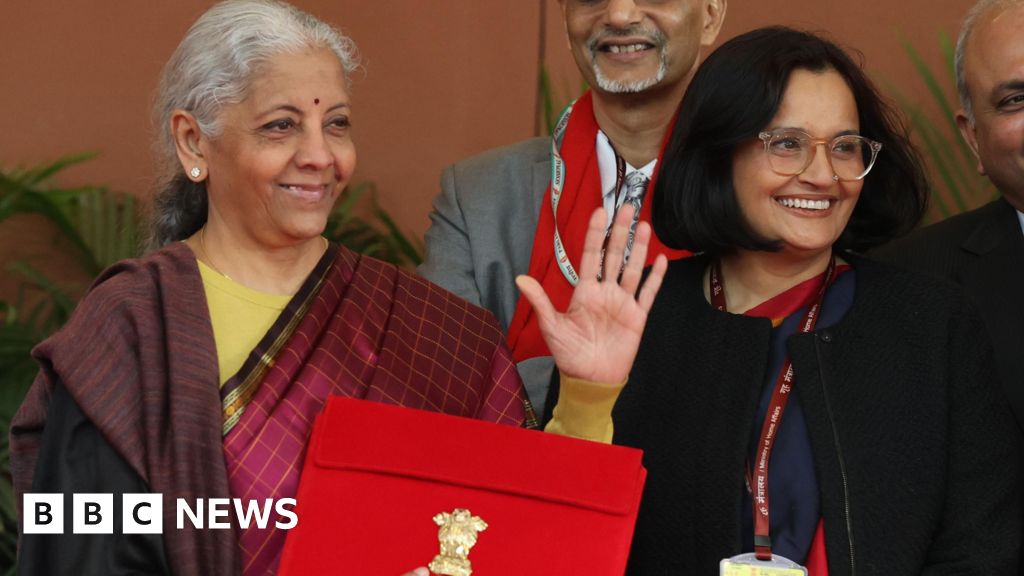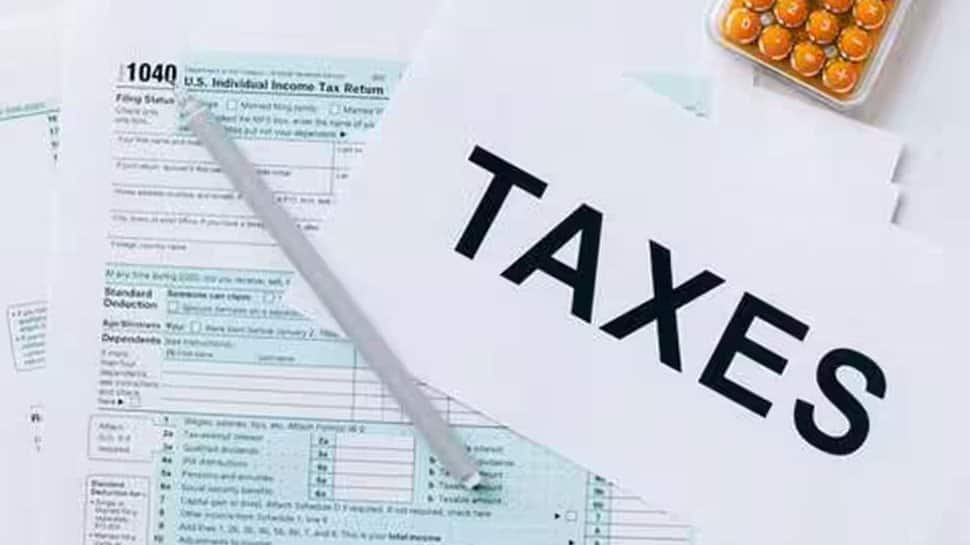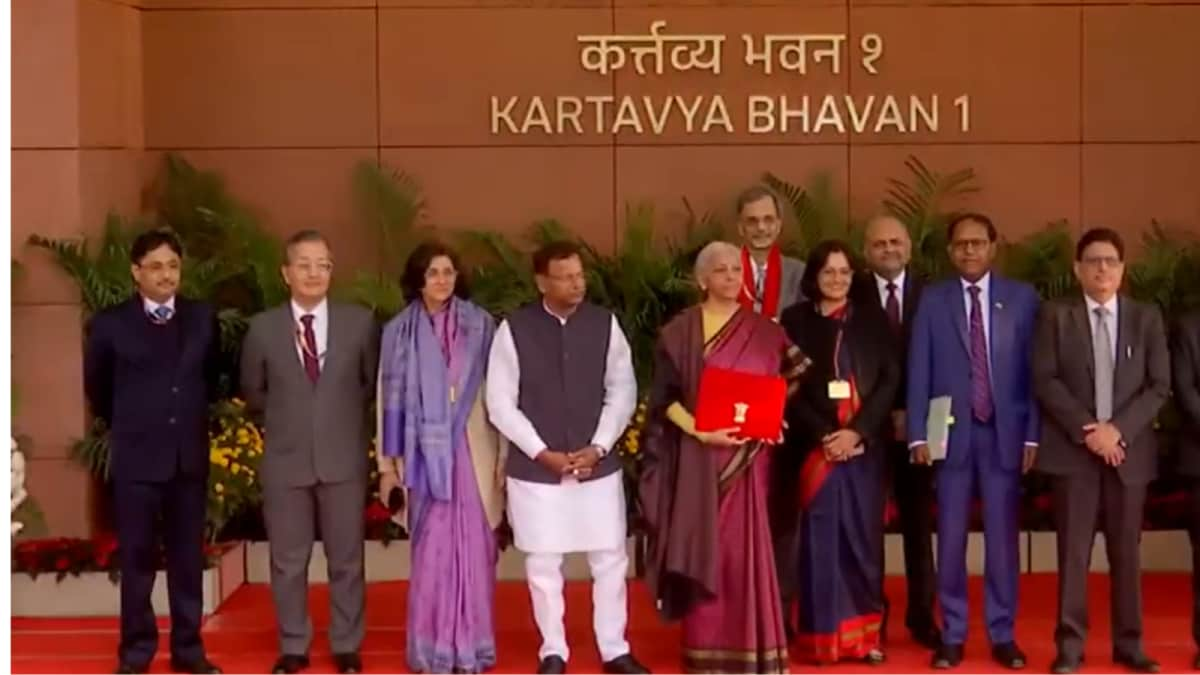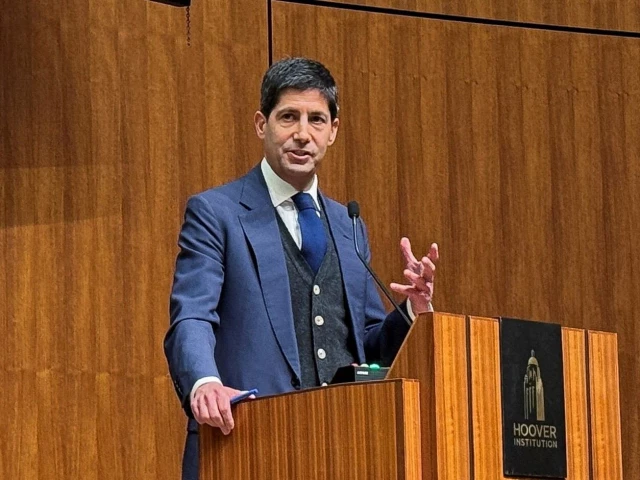Business
Portal closure, import policy blamed for sugar price hike | The Express Tribune

PSMA warns supply disruption, cash flow crisis caused by preferential treatment for imported sugar
LAHORE:
A special meeting of the Sugar Advisory Board was held under the co-chairmanship of Deputy Prime Minister Ishaq Dar and Federal Minister for National Food Security Rana Tanveer Hussain to review the sugar market situation, imported sugar stocks, and the closure of the S-Track portal. The deputy prime minister attended via Zoom, while the federal minister joined from the Lahore office of the Pakistan Sugar Mills Association (PSMA).
According to a statement issued by the PSMA, the sugar industry made it clear that the government’s policy of prioritising the sale of imported sugar and closing the Federal Board of Revenue (FBR) portals for local sugar sales has triggered the recent price surge and supply shortage in the market.
Industry representatives said that for the past three weeks, mills across the country have been unable to supply sugar due to the closure of these portals, creating severe cash flow problems and repayment issues on bank loans.
They informed the meeting that the industry had repeatedly warned the government against importing unnecessary sugar but about 300,000 tonnes was still imported. Now, the government is struggling to offload imported sugar, and as a result, the sales portals for local sugar have been blocked.
The industry also told the minister that the PSMA had been cautioning authorities for weeks through letters and press releases that keeping the portals closed would lead to shortages and price hikes. However, these warnings were ignored. Representatives emphasised that the domestic sugar industry was not responsible for the price increase and that dealers and profiteers were the main beneficiaries.
They said the government’s decision to prioritise imported sugar had sidelined the domestic industry and disrupted the supply of better-quality local sugar. As a result, sugar had become both costlier and scarce in several areas of the country.
During the meeting, officials discussed various options for the purchase and distribution of imported sugar by local mills. The federal minister listened to the industry’s concerns and assured that immediate steps would be taken to resolve the issues related to portal closures and ensure smooth supply of sugar to the market.
Last week, the National Assembly Standing Committee on Commerce called for strict accountability over controversial sugar export decisions. Chairman Muhammad Jawed Hanif Khan said repeated policy lapses demanded a detailed inquiry into those responsible. The committee formed a Sub-Committee to investigate the issue and directed the Competition Commission of Pakistan to explain its failure to curb cartelisation. It also recommended deregulation of the sugar sector and restructuring of the Sugar Advisory Board to enhance transparency.
Business
Budget 2026: India pushes local industry as global tensions rise

India’s budget focuses on infrastructure and defence spending and tax breaks for data-centre investments.
Source link
Business
New Income Tax Act 2025 to come into effect from April 1, key reliefs announced in Budget 2026

New Delhi: Finance Minister Nirmala Sitharaman on Sunday said that the Income Tax Act 2025 will come into effect from April 1, 2026, and the I-T forms have been redesigned such that ordinary citizens can comply without difficulty for ease of living.
The new measures include exemption on insurance interest awards, nil deduction certificates for small taxpayers, and extension of the ITR filing deadline for non-audit cases to August 31.
Individuals with ITR 1 and ITR 2 will continue to file I-T returns till July 31.
“In July 2024, I announced a comprehensive review of the Income Tax Act 1961. This was completed in record time, and the Income Tax Act 2025 will come into effect from April 1, 2026. The forms have been redesigned such that ordinary citizens can comply without difficulty, for) ease of living,” she said while presenting the Budget 2026-27
In a move that directly eases cash-flow pressure on individuals making overseas payments, the Union Budget announced lower tax collection at source across key categories.
“I propose to reduce the TCS rate on the sale of overseas tour programme packages from the current 5 per cent and 20 per cent to 2 per cent without any stipulation of amount. I propose to reduce the TCS rate for pursuing education and for medical purposes from 5 per cent to 2 per cent,” said Sitharaman.
She clarified withholding on services, adding that “supply of manpower services is proposed to be specifically brought within the ambit of payment contractors for the purpose of TDS to avoid ambiguity”.
“Thus, TDS on these services will be at the rate of either 1 per cent or 2 per cent only,” she mentioned during her Budget speech.
The Budget also proposes a tax holiday for foreign cloud companies using data centres in India till 2047.
Business
Budget 2026 Live Updates: TCS On Overseas Tour Packages Slashed To 2%; TDS On Education LRS Eased

Union Budget 2026 Live Updates: Union Budget 2026 Live Updates: Finance Minister Nirmala Sitharaman is presenting the Union Budget 2026-27 in Parliament, her record ninth budget speech. During her Budget Speech, the FM will detail budgetary allocations and revenue projections for the upcoming financial year 2026-27. Sitharaman is notably dressed in a Kanjeevaram Silk saree, a nod to the traditional weaving sector in poll-bound Tamil Nadu.
The budget comes at a time when there is geopolitical turmoil, economic volatility and trade war. Different sectors are looking to get some support with new measures and relaxations ahead of the budget, especially export-oriented industries, which have borne the brunt of the higher US tariffs being imposed last year by the Trump administration.
On January 29, 2026, Sitharaman tabled the Economic Survey 2025-26, a comprehensive snapshot of the country’s macro-economic situation, in Parliament, setting the stage for the budget and showing the government’s roadmap. The survey projected that India’s economy is expected to grow 6.8%-7.2% in FY27, underscoring resilience even as global economic uncertainty persists.
Budget 2026 Expectations
Expectations across key sectors are taking shape as stakeholders look to the Budget for support that sustains growth, strengthens jobs and eases financial pressures:
Taxpayers & Households: Many taxpayers want practical improvements to the income tax structure that preserve simplicity while supporting long-term financial planning — including broader deductions for home loan interest and diversified retirement savings options.
New Tax Regime vs Old Tax Regime | New Income Tax Rules | Income Tax 2026
Businesses & Industry: With industrial output and investment showing resilience, firms are looking for policies that bolster capital formation, ease compliance, and expand infrastructure spending — especially in manufacturing and technology-driven sectors that promise jobs and exports.
Startups & Innovation: The startup ecosystem expects incentives around employee stock options and capital access, along with regulatory tweaks that encourage risk capital and talent retention without increasing compliance burdens.
Also See: Stock Market Updates Today
The Budget speech will be broadcast live here and on all other news channels. You can also catch all the updates about Budget 2026 on News18.com. News18 will provide detailed live blog updates on the Budget speech, and political, industry, and market reactions.
We are providing a full, detailed coverage of the union budget 2026 here, with a lot of insights, experts’ views and analyses. Stay tuned with us to get latest updates.
Also Read: Budget 2026 Live Streaming
Here are the Live Updates of Union Budget 2026:
-

 Business1 week ago
Business1 week agoSuccess Story: This IITian Failed 17 Times Before Building A ₹40,000 Crore Giant
-

 Fashion1 week ago
Fashion1 week agoSouth Korea tilts sourcing towards China as apparel imports shift
-

 Sports5 days ago
Sports5 days agoPSL 11: Local players’ category renewals unveiled ahead of auction
-

 Sports1 week ago
Sports1 week agoWanted Olympian-turned-fugitive Ryan Wedding in custody, sources say
-

 Tech1 week ago
Tech1 week agoStrap One of Our Favorite Action Cameras to Your Helmet or a Floaty
-

 Entertainment1 week ago
Entertainment1 week agoThree dead after suicide blast targets peace committee leader’s home in DI Khan
-

 Tech1 week ago
Tech1 week agoThis Mega Snowstorm Will Be a Test for the US Supply Chain
-

 Sports1 week ago
Sports1 week agoStorylines shaping the 2025-26 men’s college basketball season











